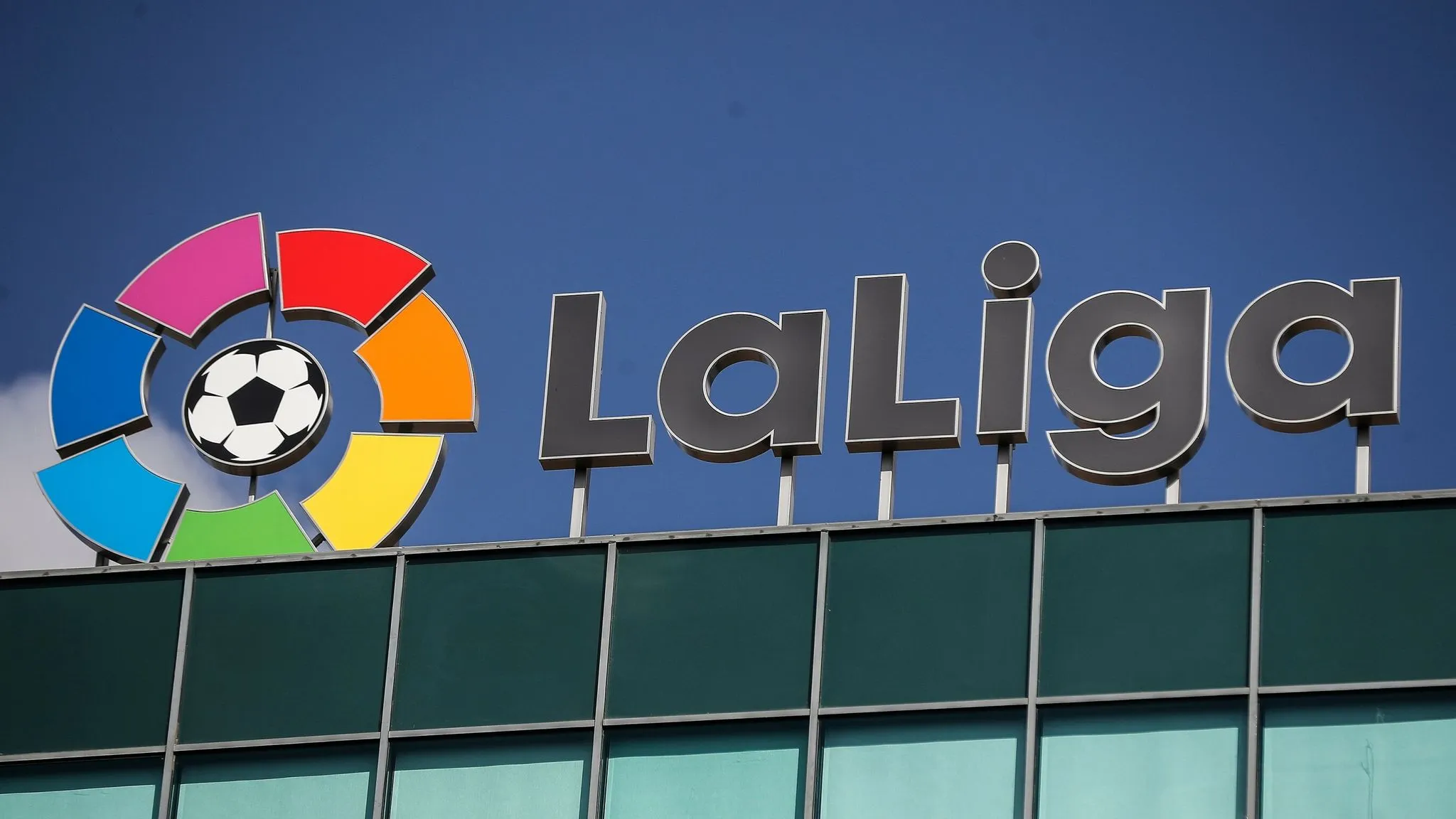From ticketing to sponsorships, Spanish football leads in innovation.
Spain Steps Into the Future
When it comes to football innovation, Spain has always been a powerhouse on the pitch and off it. Now, La Liga is leading the charge into blockchain, with clubs from Barcelona to Valencia experimenting with crypto partnerships, fan tokens, and NFT ticketing.
The Spanish league sees blockchain not just as a sponsorship trend, but as a way to future-proof its connection with millions of fans worldwide.
Sponsorships Beyond the Pitch
Several La Liga clubs have already signed multi-million euro deals with blockchain companies, putting crypto logos on shirts, stadium billboards, and even training kits. For clubs outside the global giants, these deals are crucial financial lifelines.
Meanwhile, blockchain firms gain instant global visibility. A pitch-side logo at Camp Nou or Santiago Bernabéu is broadcast to fans in over 180 countries, a marketing win no tech startup could dream of elsewhere.
NFTs as New Souvenirs
One of the most eye-catching experiments in Spain has been the rollout of NFT collectibles. Clubs have launched limited-edition digital trading cards featuring legendary players and unforgettable goals. These digital assets are marketed as modern-day souvenirs, allowing fans to “own” moments that would otherwise live only in highlights reels.
NFT ticketing is also gaining traction. Real Betis and Valencia have tested blockchain-powered tickets to cut down on counterfeits and create secure digital stubs that fans can keep forever.
Engaging Fans Globally
La Liga is a global brand, and blockchain partnerships allow clubs to reach fans thousands of miles away. A supporter in Mexico or Indonesia can buy a fan token, vote on matchday music, or collect an NFT kit without ever setting foot in Spain.
This democratization of access is one reason Spanish football has leaned harder into blockchain than some rivals. For a league that relies heavily on global broadcasting rights, strengthening digital ties is a strategic necessity.
The Fan Reaction
As with the rest of Europe, Spanish fans are divided. Younger supporters are enthusiastic, seeing blockchain as part of football’s natural digital evolution. Traditional fans, however, remain cautious, fearing token systems could exclude those unwilling or unable to buy in.
Some supporters’ groups have also raised concerns about speculation, warning that football shouldn’t push fans into risky investments disguised as engagement.
The League’s Strategy
Unlike other competitions, La Liga has taken a centralized approach, encouraging clubs to adopt blockchain in coordinated ways. The league itself has partnered with tech firms to launch NFT projects and digital platforms, ensuring that innovation doesn’t just happen piecemeal.
Analysts say this top-down vision gives La Liga an advantage: by moving as a unit, it can establish itself as football’s digital pioneer.
Looking Ahead
Industry experts predict Spain will continue pushing blockchain deeper into its football culture. Future projects may include metaverse experiences, digital-only merchandise, and blockchain-based loyalty systems that reward fans for everything from attending matches to engaging on social media.
Final Whistle
La Liga’s digital leap isn’t just about sponsorship money; it’s about redefining what it means to be a fan in the 21st century. By embracing blockchain, Spain’s top clubs are ensuring that whether you’re in Madrid, Mumbai, or Miami, you can be part of the matchday magic.
The beautiful game in Spain has always been about passion. Now, it’s about passion powered by blockchain.




